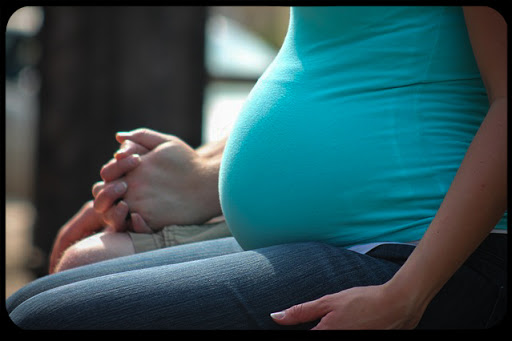While it is widely known that fertility declines with age, American women are still setting records when it comes to having children later in life.
According to Centers for Disease Control and Prevention data, the average age of a woman giving birth to her first child in 2013 was 26, which included large numbers of women over 35 and some over 40. (A total of 677 women over 50 gave birth in 2013, more than ever before.)
While having children later in life has its benefits, there is much to be said for starting a family when you’re younger— women tend to have more energy and physical stamina, less complicated pregnancies, and easier adjustments to parenthood.
A new study suggests having babies when you’re younger may also be better for the health and lifespan of your child. The research, published by the American Society for Reproductive Medicine, suggests that children born to older women are more likely to have a shorter lifespan.
The researchers looked at 200 years of demographic data on 30,512 children born to 12,725 mothers and fathers in Sweden. They considered the differences of citizens born to mothers younger and older than the median age of 31. The results showed that a mother’s age at birth was one of the most significant "non-external factors" affecting how long a person lived.
Reporting on the study, a writer atBusiness Insider said that while it’s not surprising the genes a mother passes down will affect her child’s lifespan, this new study shows this is about more than genes. Mothers also pass down a crucial cellular component called mitochondria, which are responsible for generating the energy individual cells need to function. Mitochondria have their own genomes, which work and copy themselves separately from the rest of a cell’s DNA. Mitochondria have limited abilities to repair damage to their genes, which means mistakes accumulate in mitochondrial DNA over time, and can make the mitochondria not work as well.
According to Dr. Martin Wilding, the author of the new study, children born from older mothers could receive compromised mitochondria in their cells—shortening their lives. As women age, the mitochondria in their egg cells also age and get more damaged over time. These defects to the mitochondrial DNA are passed, as is, on to children, which can mean they will have increased chances of being less healthy and thus more likely to get sick.
Of course, it’s important to remember that many factors go into health and longevity, including genetics and environment and this link between maternal age and child’s lifespan has yet to be proven experimentally. Still, it is something to consider as more and more women delay having children.

